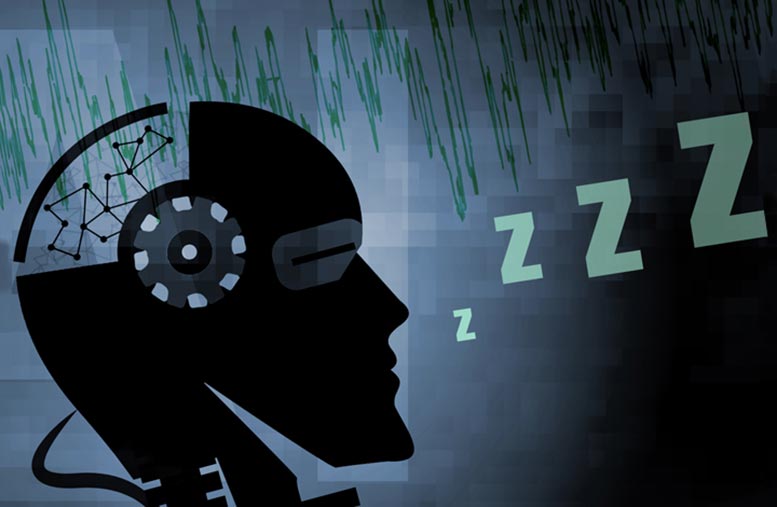The app records and tracks snoring levels and provides nightly reports to help people discover the causes, factors and solutions
Researchers from the UK’s prestigious University of Sheffield have developed artificial intelligence (AI) which they say can effectively monitor a person’s snoring levels and identify sleep disorders.
The AI, developed by Professor Guy Brown and Dr Ning Ma from the University’s Speech and Hearing Research Group, can monitor a person’s snoring levels and identify sleep disorders such as sleep apnoea, the university said in a press release.
The technology is being commercialised through a new app – SoundSleep – available on iOS devices and soon to be available on Android, it said.
Currently, the app uses the Sheffield AI to enable people to monitor the sounds they make while sleeping through their smartphone.
The app records and tracks snoring levels and provides nightly reports to help people discover the causes, factors and solutions.
However, the Sheffield team have now developed the AI to be able to diagnose sleep apnoea caused by sleep disorders, the release said.
Sleep disorders affect people across the globe, with approximately 2.5 million people in the UK suffering from sleep disorder conditions, including obstructive sleep apnoea (OSA).
Sleep apnoea causes a person’s breathing to stop and start while they sleep and they may also make gasping, snorting or choking noises, wake up a lot and/or snore loudly.
Without treatment, the condition can lead to high blood pressure, a higher chance of having a stroke, depression, mood swings, difficulty concentrating at school or work and an increased risk of having a serious accident due to tiredness.
Sleep disorders such as sleep apnoea are usually diagnosed in specialist sleep clinics, but these can be expensive and also disruptive for patients as they usually have to wear a range of devices that can feel uncomfortable or invasive.
Many sufferers of sleep disorders are not identified until other medical problems become apparent, meaning that they are less likely to make lifestyle changes that could improve their condition without the need for treatment.
To address these challenges, the University of Sheffield researchers launched a project to enhance the AI they had already developed for SoundSleep so it can identify sleep disorders from the sounds people make while sleeping.
This more sophisticated AI will soon be added to the app so that people can monitor their sleep and identify sleep disorders using their smartphone in their own home, the release said. The app could also help them make changes to their lifestyle or bedtime routine to help them get a better night’s sleep, according to the university press release.
“We understand that finding that secret to a good night’s sleep can seem stressful and confusing, so what we are trying to do with our research is use the latest, state-of-the-art artificial intelligence to help people get to the bottom of what is preventing them from getting a good night’s sleep as easily as possible,” Dr Ning Ma, Research Fellow in the University of Sheffield’s Department of Computer Science, said. — PTI
This article has been published from the source link without modifications to the text. Only the headline has been changed.
Source link




